(Dan Tri) - Having a predestined relationship with the land of the rising sun, young Vietnamese people under 40 years old have constantly strived, nurtured their dreams and found their own way to become a bridge between Vietnam and Japan over the past many years.

Dr. of Economics Nguyen Kim Ngan is researching and teaching at Tohoku University, Japan.
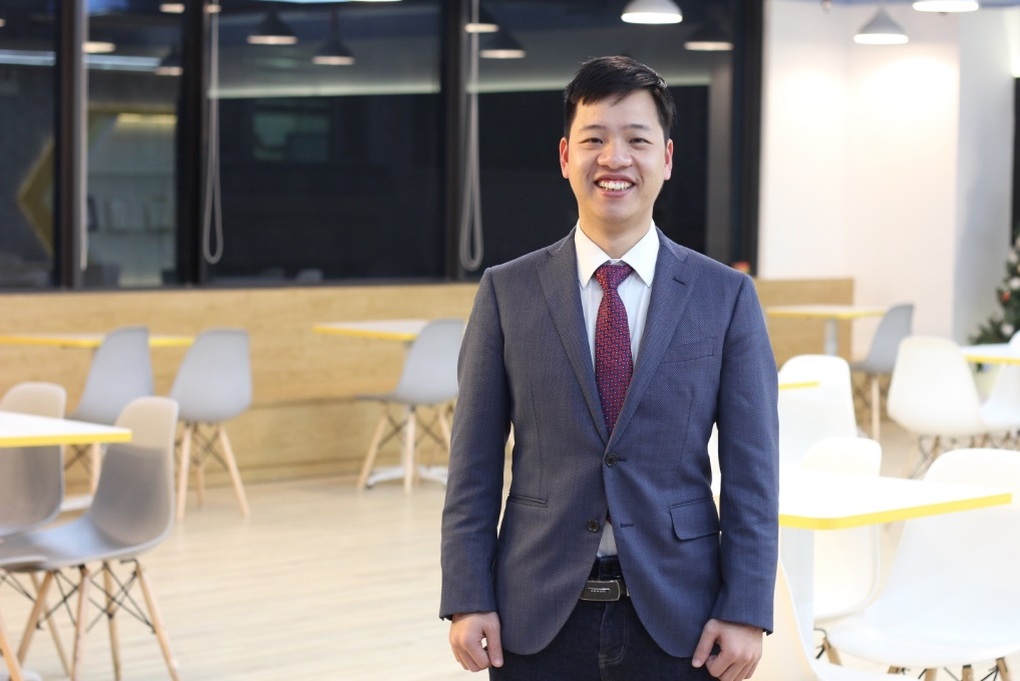
Mr. Nguyen Huy Thang - CEO of HBLAB Joint Stock Company, Chairman of the Board of Directors of KiddiHub Company.

"Pufferfish Doctor" Vu Thuy Linh.
They shared and sent messages to those who are cherishing the dream of spreading their wings to fly far at the "Special U40 Talk for the Future Leading Generation" organized by the Japanese organizing committee to celebrate the 50th anniversary of the establishment of Japan-Vietnam diplomatic relations at the end of 2023.
Before and after coming to Japan, how has the image of this country changed in your eyes?
- Ms. Nguyen Kim Ngan: Japan is much more wonderful than I imagined. Japan attracts me in many different aspects: beautiful nature, delicious food, unique culture and especially dedicated, hospitable service - also known as the "Omotenashi" spirit. In addition, when I go to "Nomikai" drinking parties, I also see Japanese people in their most genuine, everyday appearance.
Mr. Nguyen Huy Thang: When I was young, I often heard phrases like "as good as Japanese products" or "Japanese paint, paint everywhere beautifully", so I thought Japan was an extremely modern country. When I was studying at a university in a rural area of Japan, I didn't really feel this. However, later when I started working and had the opportunity to visit some large Japanese enterprises, I realized: "Ah, Japan is modern with quality products!".
Ms. Vu Thuy Linh: Before coming to Japan, my impression was that it was a very disciplined country, the Japanese were very serious in their professional black suits. After coming to Japan, I was impressed by the optimistic and friendly aspects of the country and its people. At the exchange parties, everyone had a great time and it was also an opportunity for everyone to understand more about each other's values and thoughts.
After living and working for a while, what do you think are the necessary skills and roles in Japan?
- Ms. Ngan: I think "Ho-Ren-So" (report - contact - discuss) is an essential skill. In Japan, before contacting anyone for support, it is important that you explain yourself, clearly understand your problem and prepare a solution. Only then will the other party appreciate your efforts and be willing to help. You should also follow the principles of life in Japan, from simple things like not eating or drinking on the train. In addition, to support my teaching work, I still need to further improve my Japanese proficiency.
Ms. Linh: Because Japanese people often cannot express everything they want through words, the ability to observe carefully, the ability to "read the atmosphere", and to be able to guess what the other person wants to convey depending on the context is very important. In addition, as foreigners who do not understand 100% of Japanese, I think we should be honest and tell the Japanese exactly how much we understand the problem. In addition, time management skills and tax compliance are also very necessary.
Mr. Thang: I think we should prepare well in Japanese to be able to express our opinions, thereby being highly appreciated at work. A person who can promote the good characteristics of Vietnamese people such as high will to learn, positive and optimistic attitude, enthusiasm for work will certainly be highly appreciated. Participating in exchange parties, I see that many Japanese people understand and respect my way of thinking and values. They are also very interested in the topic of history, so I think I need to equip myself with more experiences and knowledge.
What makes you feel lucky to have chosen to live and work in Japan?
- Ms. Ngan: Japan is the place that helped me make my dream come true. I was often asked by Japanese people "What is your dream?". The Japanese professor at the university always listened to my dream story and gave me a lot of advice. I have never been judged or laughed at for my dream.
Mr. Thang: The Japanese are very patient and persistent in guiding and imparting their experience and knowledge to foreigners. Thanks to that advice, I have grown up to be who I am today.
Ms. Linh: In Japan, from production to operation and circulation, everything has a process and must follow rules to minimize risks. Therefore, what is needed here is Japanese-style processes and risk management skills. These skills are not only useful at work but can also be applied in daily life.
What are your future goals?
- Ms. Ngan: Japanese education has changed my life. Therefore, I also want to be like my professor, not only providing students with knowledge but also being able to become a companion, supporting young people in pursuing their dreams. I am preparing to organize a free seminar for small and medium-sized enterprises in the Tohoku region to introduce the potential and strengths of the Vietnamese market as well as the challenges when investing here.
Mr. Thang: I own an offshore IT company for the Japanese market. We have sent 400 employees to Japanese companies. In the future, I want to provide more high-quality human resources, about 1,000 people, for the Japanese market. You engineers are all very smart, but what you lack are soft skills and experience. Therefore, I hope that my company can train more talented people who understand the Japanese know-how.
Ms. Linh: I want to popularize Japanese fugu cuisine culture to Vietnam by establishing an association that brings together Japanese fugu researchers and processing experts to guide Vietnamese people on how to safely process fugu. I also want to establish a Vietnamese import-export company that can work directly with large Japanese enterprises without going through intermediaries or agents.
What message do you want to send to future generations?
- Ms. Ngan: Set specific goals that are appropriate to your abilities. You may not be used to a developed and rule-filled society like Japan, but each time you complete a small goal, you will gain more confidence to achieve the next goals. In addition, when abroad, build a network of relationships, whether at school, at work or in daily life. Making friends with good and kind people will help you have a better life.
Mr. Thang: Start with Japanese and equip yourself with many skills. Don't be impatient to expect that you will gain a lot of experience or economic resources. Instead, take advantage of your enthusiasm and youthful courage and improve your knowledge. Japanese people are very active in supporting and giving advice to foreigners. As long as you make an effort and try, you will learn a lot. No matter which country you live in, don't lose yourself, move forward with the optimistic spirit of the Vietnamese people.
Ms. Linh: When you encounter difficulties in life, I hope you will not forget your original purpose and dream when coming to Japan. In all circumstances, the Japanese appreciate honest people. Be honest, especially with yourself, and bring a kind and professional spirit. That way, you will attract positive things, not only in your career but also in all aspects of life. In addition, learn and study about taxes.





![[Photo] General Secretary To Lam attends the 80th Anniversary of the Cultural Sector's Traditional Day](https://vstatic.vietnam.vn/vietnam/resource/IMAGE/2025/8/23/7a88e6b58502490aa153adf8f0eec2b2)

![[Photo] Prime Minister Pham Minh Chinh chairs the meeting of the Government Party Committee Standing Committee](https://vstatic.vietnam.vn/vietnam/resource/IMAGE/2025/8/23/8e94aa3d26424d1ab1528c3e4bbacc45)



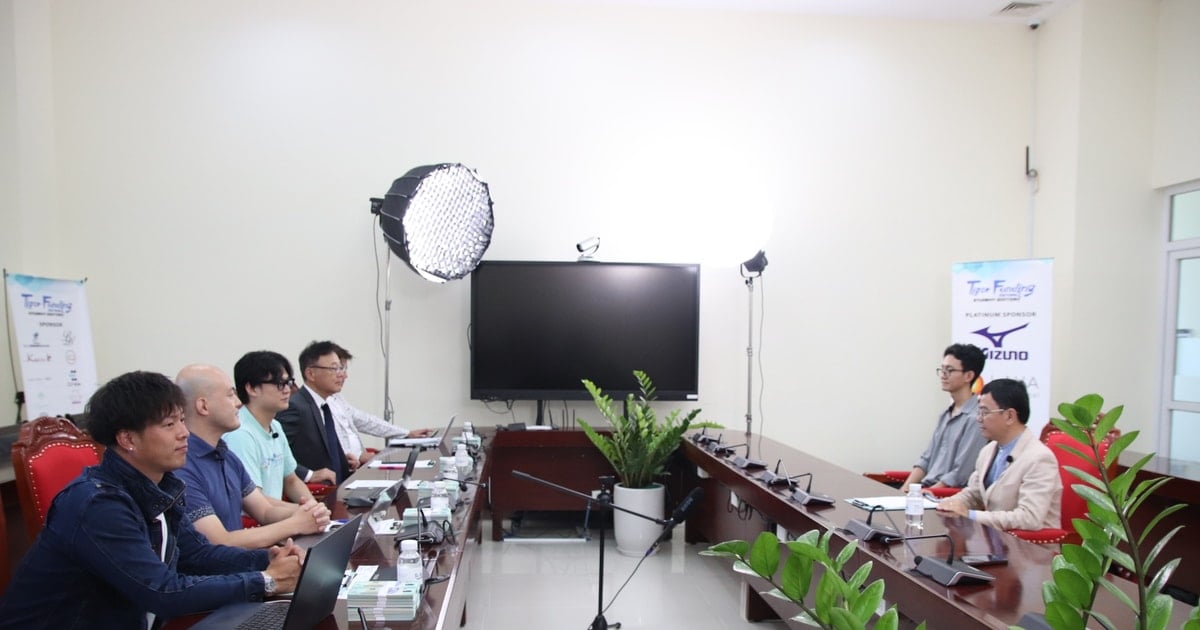





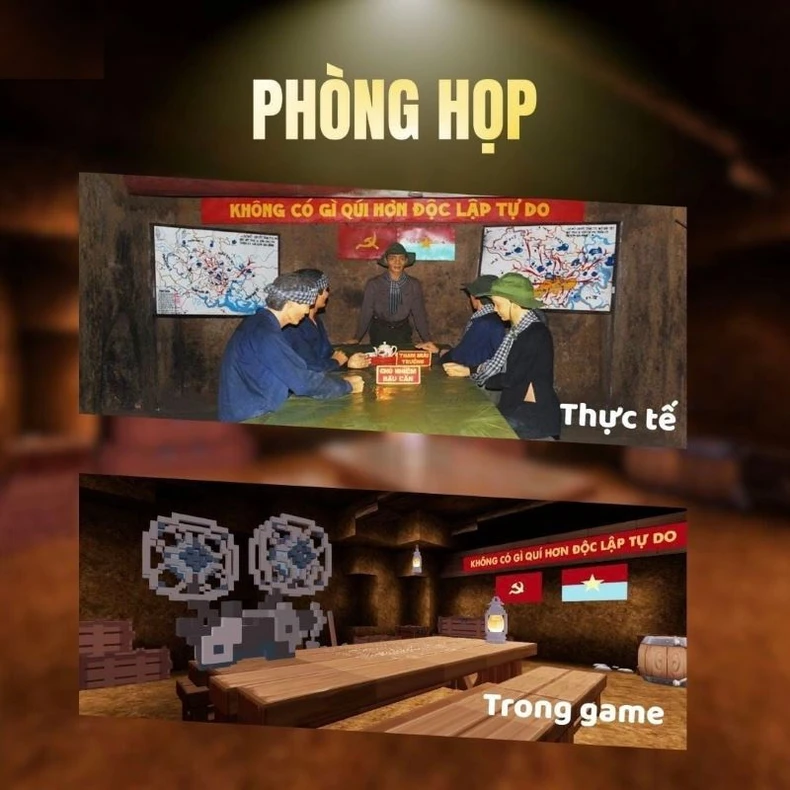

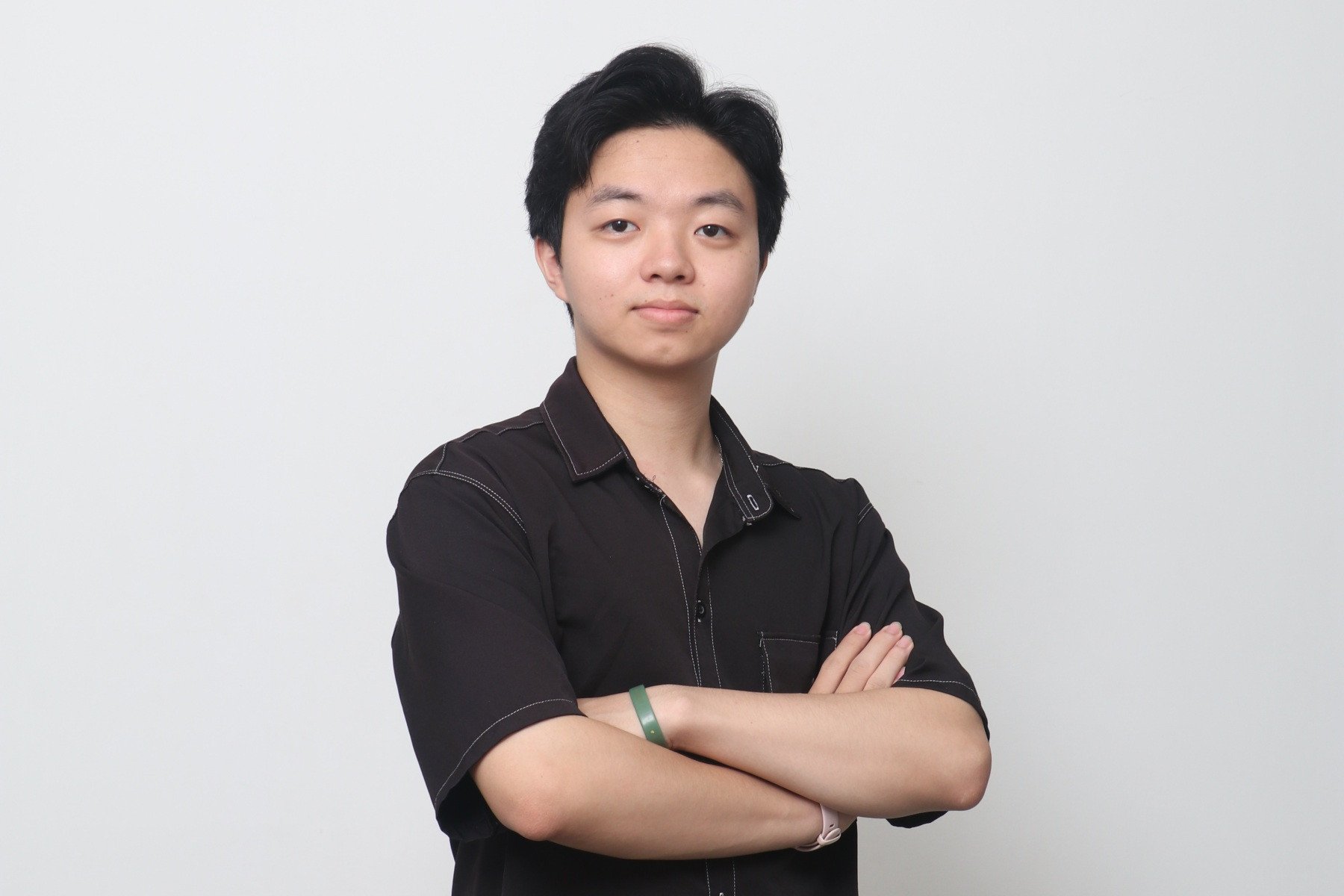

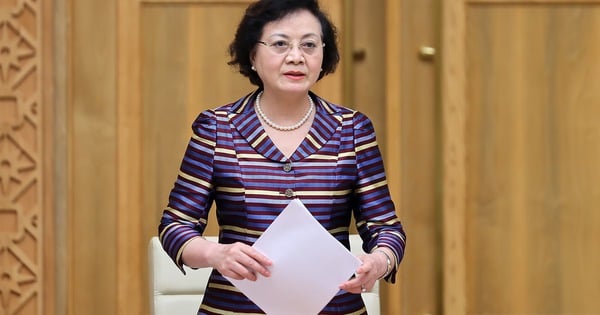








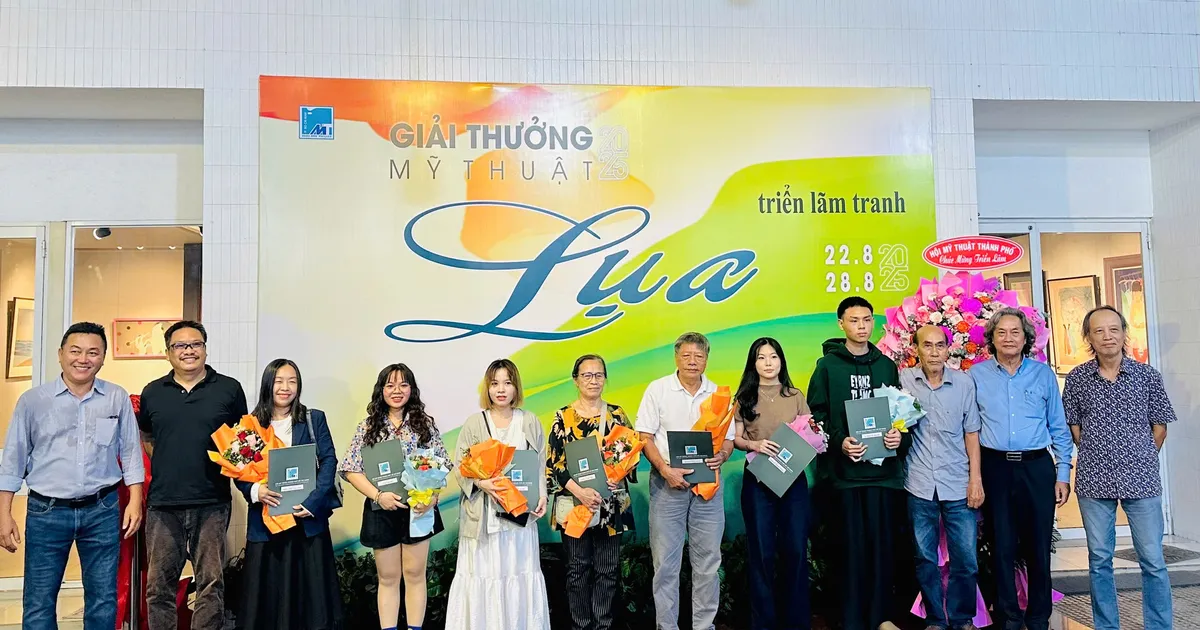


















































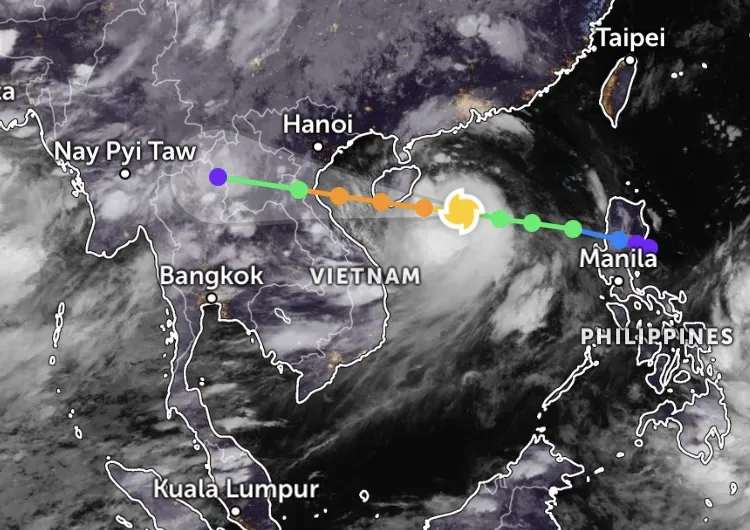
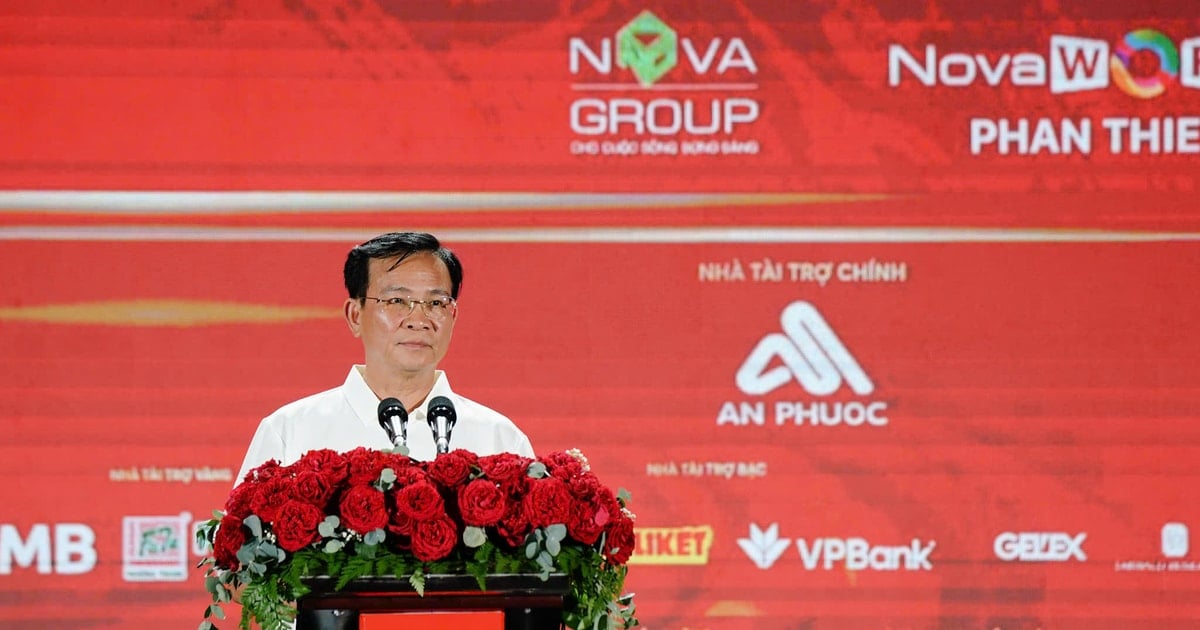


















Comment (0)